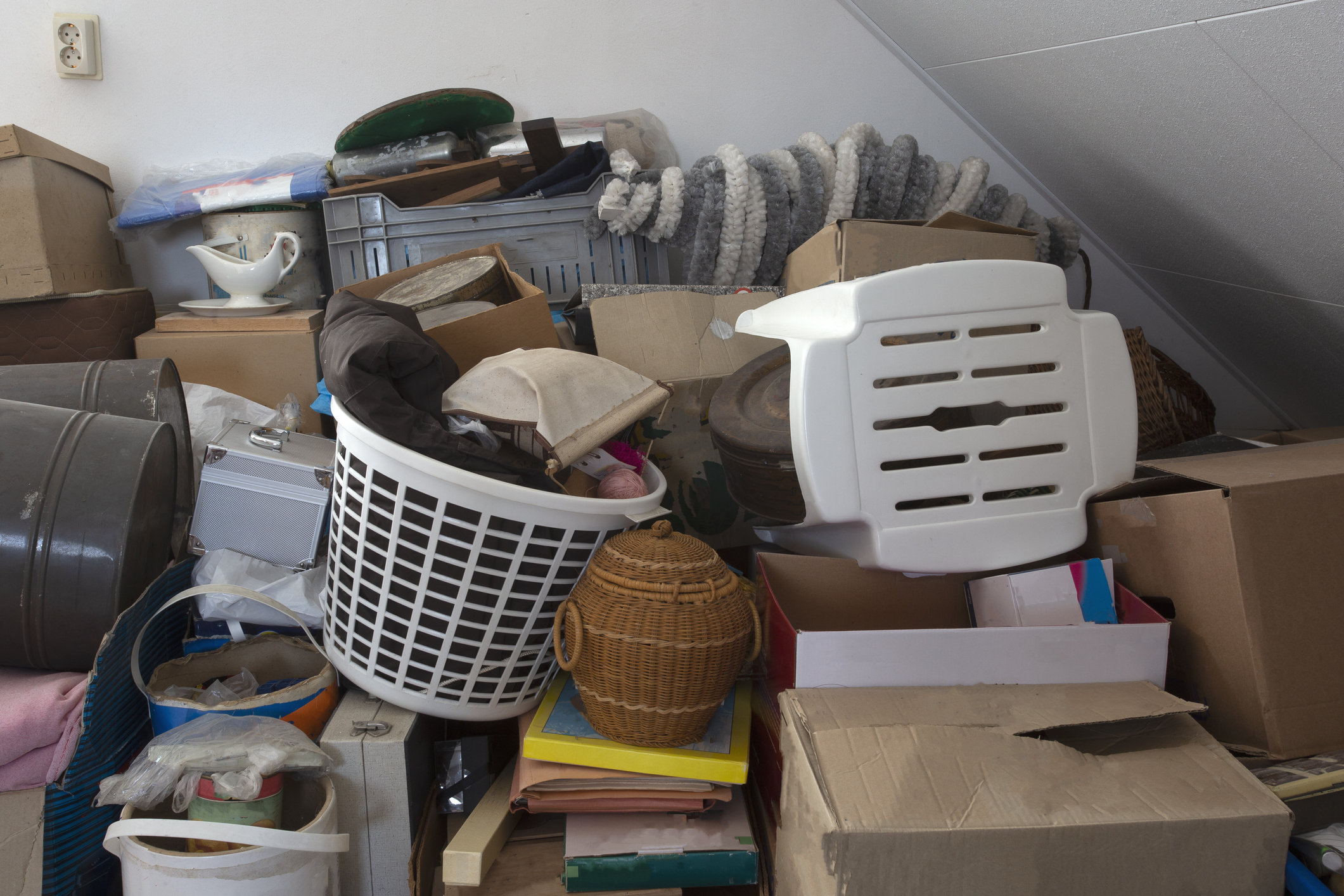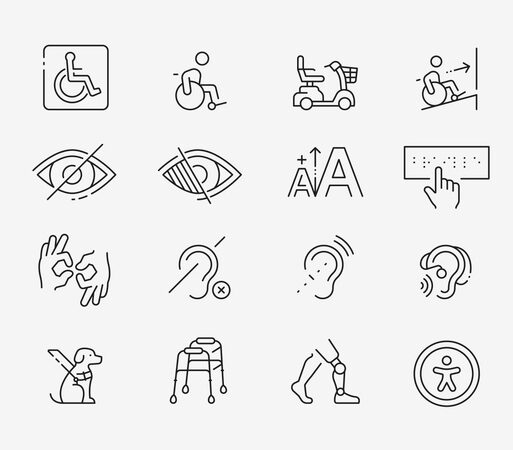The past two years of life under pandemic restrictions have led many people to make healthy changes in their daily lives. Some have learned to prepare tasty and nutritious meals at home, others have adopted new exercise habits and there has been plenty of decluttering and reorganizing. But for some, the anxiety and stress of COVID-19 and the drastic change in lifestyle have worsened conditions like hoarding disorders, creating unsafe living conditions.
According to a recent study published in the Journal of Psychiatric Research, scientists found a significant association between the severity of hoarding and COVID-19 related stressful events. With decreased social support, isolation, anxiety, and uncertainty about the future, many people with serious acquiring and collecting problems experienced worsening issues.
Although compulsive saving, acquiring, and hoarding affect people of all ages, the problem often worsens as people grow older – the highest rates of hoarding disorder are among people over the age of 60. For seniors with mobility or other health issues, excessive clutter can be a serious health hazard and make living conditions at home dangerous. When living spaces fill will excess items, seniors are at risk for falls and may not be able to get out quickly in the event of a fire. Hoarding and clutter can also make it harder for seniors to keep track of their medications, household bills and perform daily tasks like bathing and preparing meals.
Hoarding is a complex mental health issue that often involves anxiety, depression, and memory loss among older adults. Combined with the worry and perceived threat of the pandemic, it’s not surprising that people with existing hoarding symptoms participated in stockpiling items like toilet paper, disinfectants, masks, and food.
Pandemic restrictions are lifting, but many older adults who experienced severe social isolation and fear will have lingering effects. Treatments for a hoarding disorder are available for seniors, but it’s more than just getting rid of stuff – cognitive behavioral therapy is commonly used to treat the problem along with the physical help required to compassionately declutter. For more information visit the American Psychiatric Association website. Government-run family services may also offer a hoarding response program to provide services to help people deal with clutter and support to change behaviors. Call 211 for more information in Canada or the US.






Add Your Voice
0 Comments
Join the Discussion